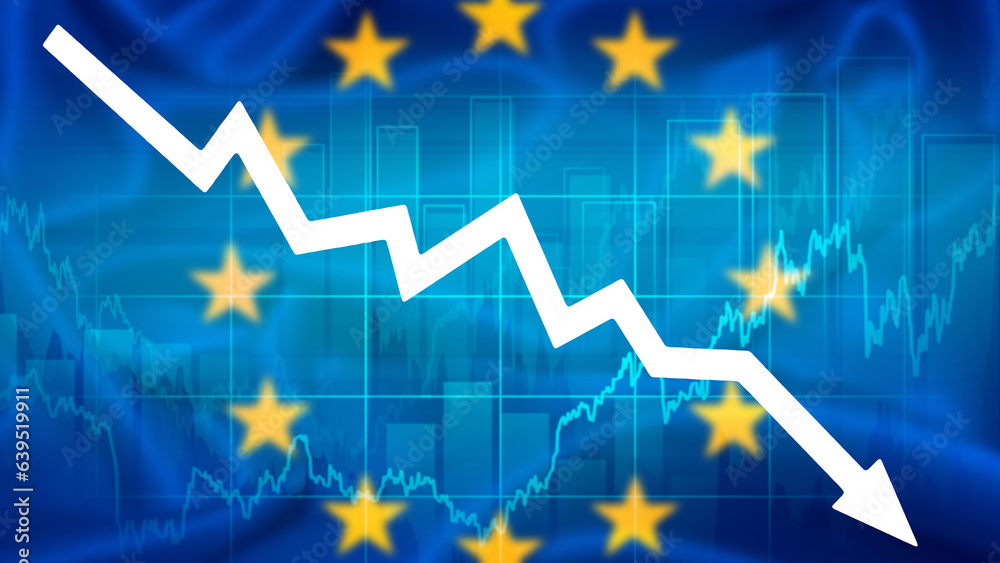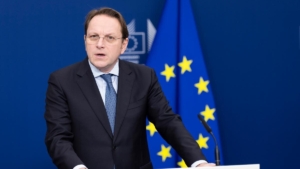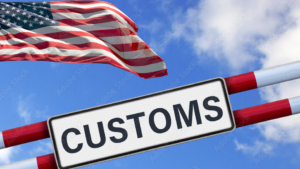
Import tariff of 15%: significant implications for pharmaceutical firms
In the ongoing dispute over US import tariffs on European pharmaceuticals, the European Commission has acquiesced to a 15% tariff on EU pharmaceutical exports to the United States, as well as to the imposition of the same rate on EU investments exceeding US$600m in the US, without formal resistance. Industry associations have reacted with strong criticism.
The European Federation of Pharmaceutical Industries and Associations (EFPIA) and Germany’s pharmaceutical trade body, the VFA, described the agreement—presented by Ursula von der Leyen, the President of the European Commission, as a deal—as a departure from the long-standing principle of tariff-free trade in medicines. According to VFA President Han Steutel, the arrangement jeopardises global pharmaceutical supply chains and damages Germany’s position as a hub for pharmaceutical innovation.
“The positive aspect is that an agreement between the United States and the European Union remains possible,” Steutel stated. “A trade war would have escalated the already considerable uncertainty.” However, he added that the deal undermines World Trade Organization rules and the principle of free trade in medicinal products. Observers within the EU have raised doubts as to whether the US President will ultimately adhere to the terms.
Given that pharmaceutical companies generated over 50% of their 2024 revenues in the US—primarily due to high drug prices—compared to just under 25% each in the EU and Asia, the agreement imposes a financial burden on the EU pharmaceutical sector and poses risks to international access to prescription medicines. “The EU must take urgent corrective measures—to protect both the industrial base and the continuity of supply,” the VFA stated. There is also critisism over US President Donald Trump’s announcement to cut the US pharma prices.
Nonetheless, the agreement remains legally non-binding at this stage. While the European Commission negotiates on behalf of the 27 Member States, both the Council of the EU and the European Parliament are required to approve any international accord that carries “significant economic, political or legal implications”, in accordance with Article 218 of the Treaty on the Functioning of the European Union (TFEU). This requirement applies to trade agreements, including those involving tariffs.


 EC- press service
EC- press service adobe.stock.com - Cathy
adobe.stock.com - Cathy Adobe stock Photos - hkama
Adobe stock Photos - hkama